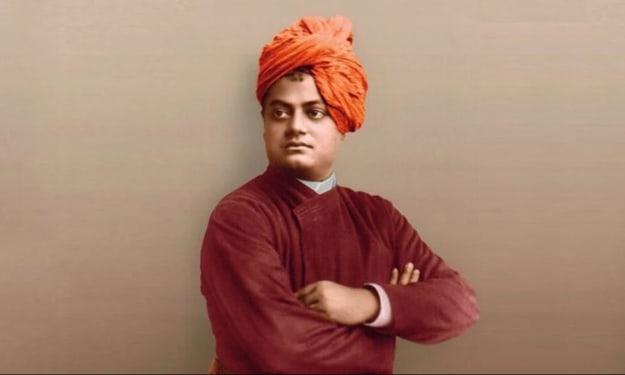Finding Feminism in Film
'Pitch Perfect' & Perfectionism

It is easy to find feminist characters in everything, but even though this is the twenty-first century, the movies are hardly ever centered around them, and when they are, the messages often go unnoticed or shamed and criticized. This made choosing a movie hard because I could spend hours writing about a real-life story that would most likely bore most of you. So instead, I am going to take one of the most popular series, Pitch Perfect, and strip all jokes, music, and drama away to really look at the characters that many of us have been watching since 2012.
In the first movie, The Barden Bellas, an all-female group, struggle to prove themselves in the a cappella world dominated by the Treblemakers, an all-male group. They fight to prove their worth while being confined to stereotypical roles of women. Their leader forces them to dress in a conservative fashion, restraining them to the same songs and choreography from the 50s every single year, and trying to maintain the perfect body despite their pleas to “[not] put [them] down for cardio” (Pitch Perfect). Despite their efforts “the audience loves the Trebles, they tolerate [the Bellas]” (Pitch Perfect). It isn’t until freshman Beca decides to take over and switch things up a bit. As soon as she modernizes their image and they finally let go of trying to fit into gender roles, they start to see success. They prove that they are just as good as any male group out there and become national champions, even though most people in the a cappella world are a “misogynist at heart…[and nobody] bet [on] these girls to win” (Pitch Perfect).
In the second movie, the Bellas seem to be in the prime of their career before they make themselves a national “embarrassment” and are not allowed to compete anymore. Luckily, these heroines never gave up and continued to work hard to become world champions. Constantly reminded of their blunder and being told “this is what happens when you send girls to college” (Pitch Perfect 2), they manage keep a brave face as they fight for respect. They have to find their own way to the top because “ladders represent a social hierarchy that’s counterproductive to what…[they] are doing” (Pitch Perfect 2). When they finally reach the world championship, they are able to return to their roots of fitting into their gender roles with their old members as well as showing how they have grown. In this way, they were able to show how they can blend the old and new to create the truth of who they really are and once again prove themselves. In the last movie, they again struggle to regain respect. This time, they are graduated and while they may not be doing so well in their careers or relationships as expected, they still fight to prove that they are independent and just as good as everyone around them. After the previous years of fighting for respect and struggling with losing it over and over in every single movie, they again manage to come out on top and be the “unlikely group of not men who somehow managed to win at something that didn’t have to do with baking” (Pitch Perfect 3).
Feminism is many different things, and these all depend on where you are in the world and what wave of feminism we are talking about. During the second wave, we see very traditional women, as shown through Aubrey and her steadfast support of their old concepts and uniforms, as well as the fact that it was criticized for its lack of representation of women—especially women of color. In the first movie, we see characters like Lily and Cynthia finally represent women of color, as well as Flor in the second movie, and we start to see women of all sizes join the group rather than stick thin models. Bella is very much a third wave feminist who started out without much female camaraderie and learns to support other women and fight for the respect she deserves, but when she does, as is true in society today, she is viewed as aggressive. Surprisingly enough, these three movies packed a lot of symbolism in them, and I really like these movies because of that, because when I started the first movie six year ago, I was really disappointed in the representation, but after seeing the last movie and reflecting on how much they have grown and how far they have come, I think it’s important to have more movies like this. One, it shows that women of all sizes and colors are talented. Two, it gets the message across and shows the downside of being a feminist (being seen as aggressive) in a way that people will pay attention to and hopefully get the message. And third, it does it in a way that even if you don’t know the history of feminism or how it is represented in every culture and generation, it is important for younger girls to see things like this, because they honestly aren’t likely to watch real-life stories or documentaries to teach them about self-respect and their worth before they grow up.
Moore, Jason, director. Pitch Perfect. Universal, 2012.
Brooks, Paul, et al. Pitch Perfect 2. Universal Pictures, 2015.
Sie, Trish, director. Pitch Perfect 3. Universal, 2017.






Comments
There are no comments for this story
Be the first to respond and start the conversation.